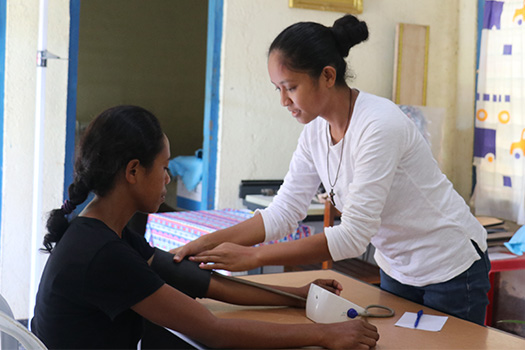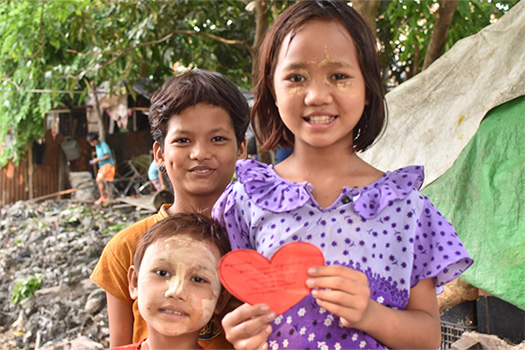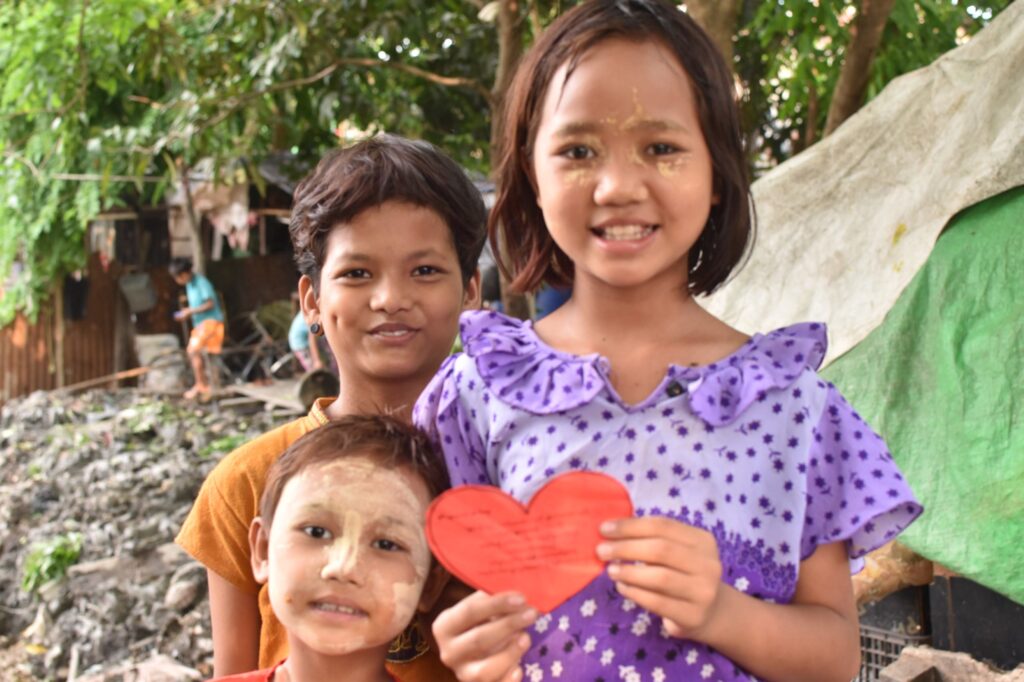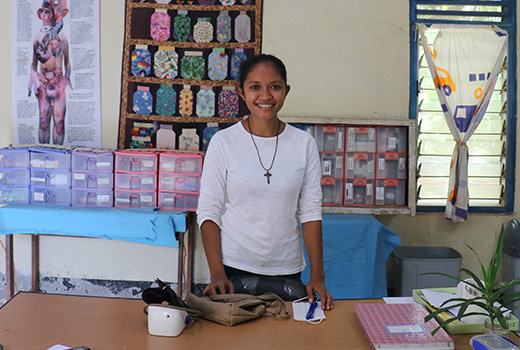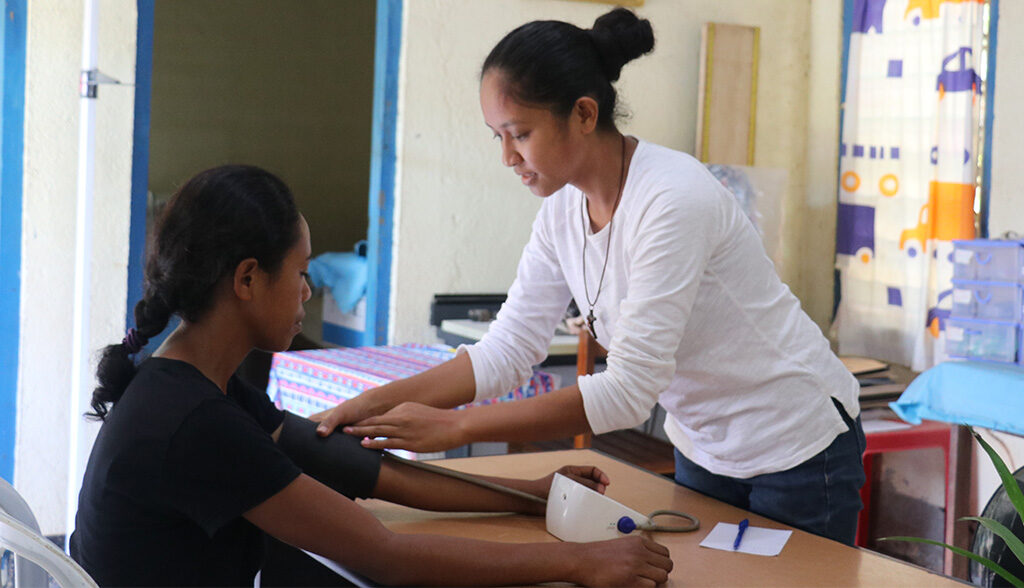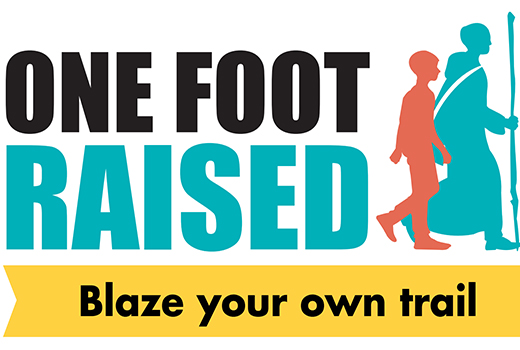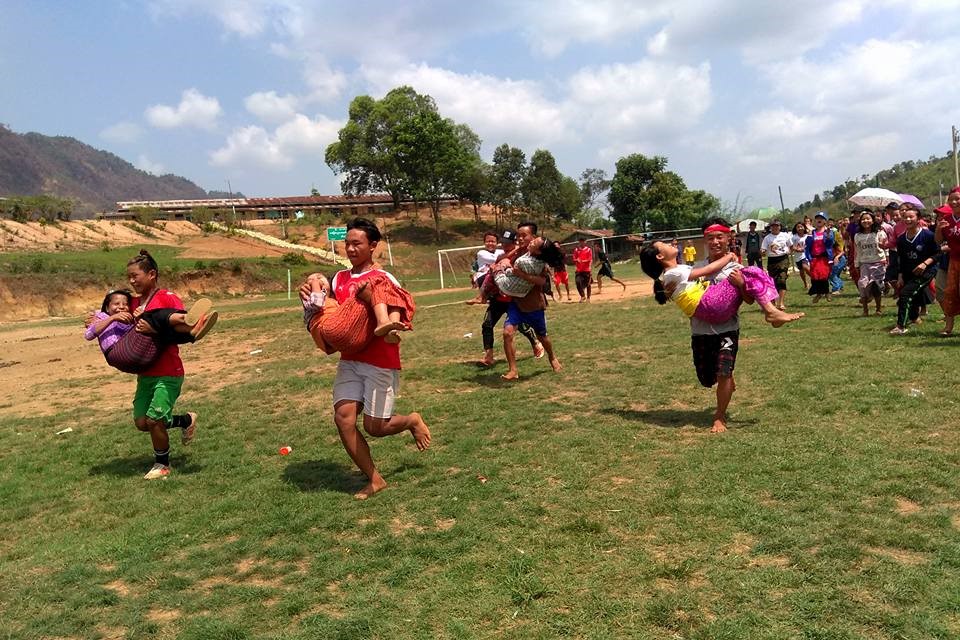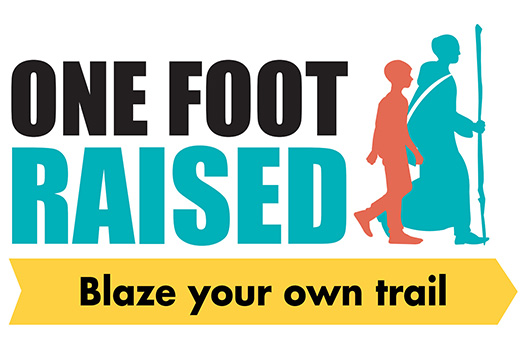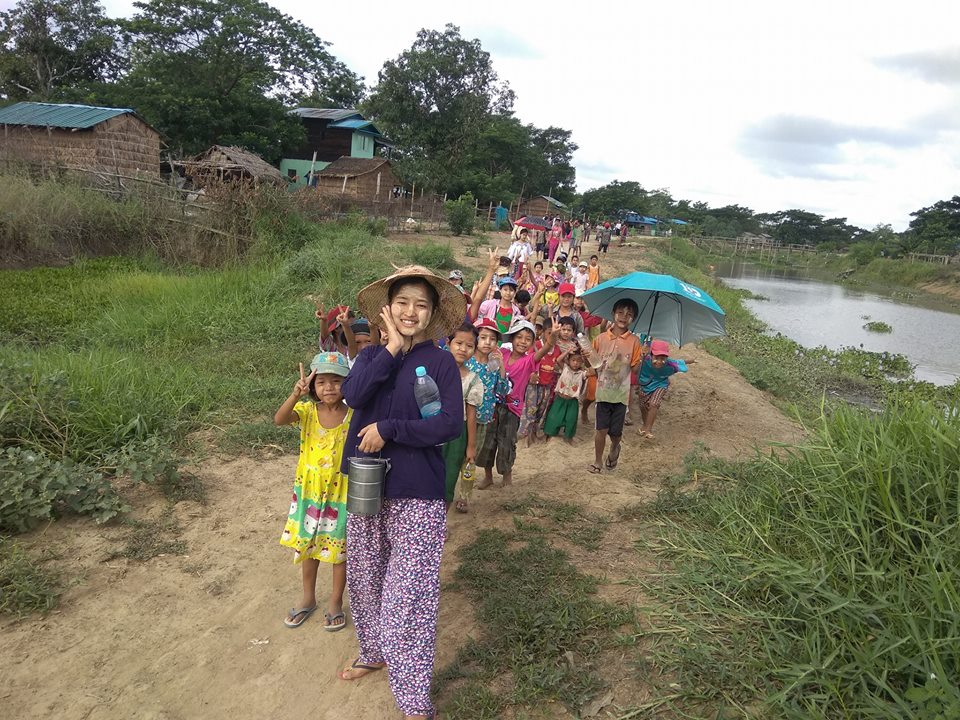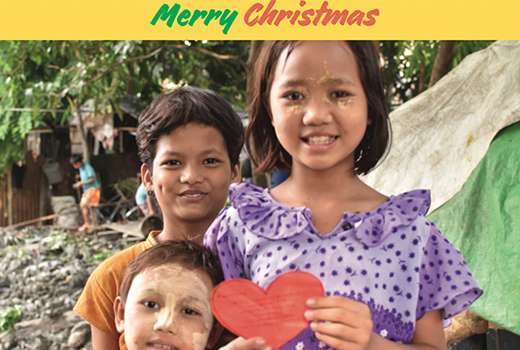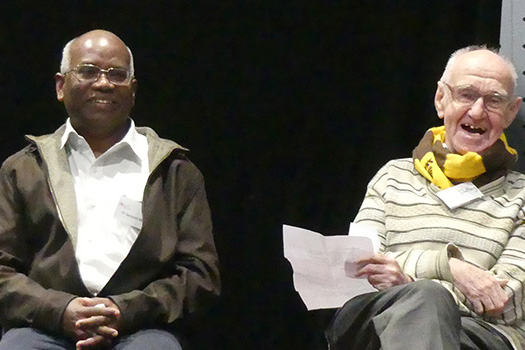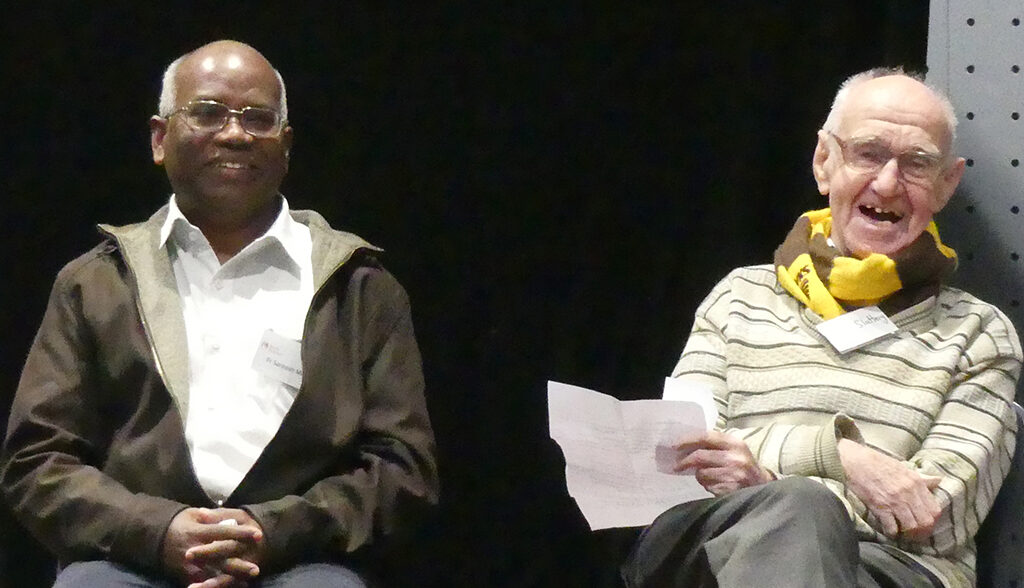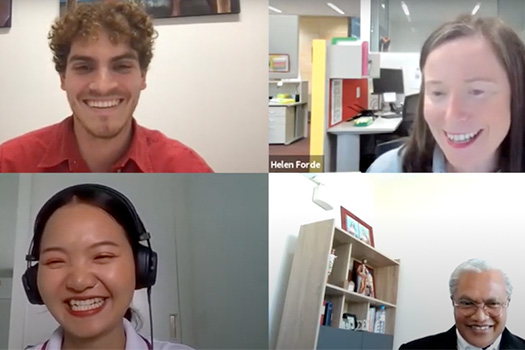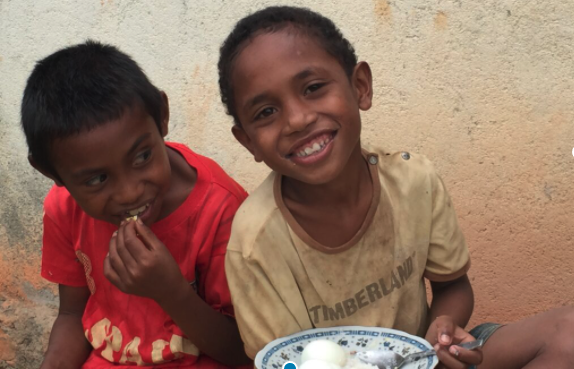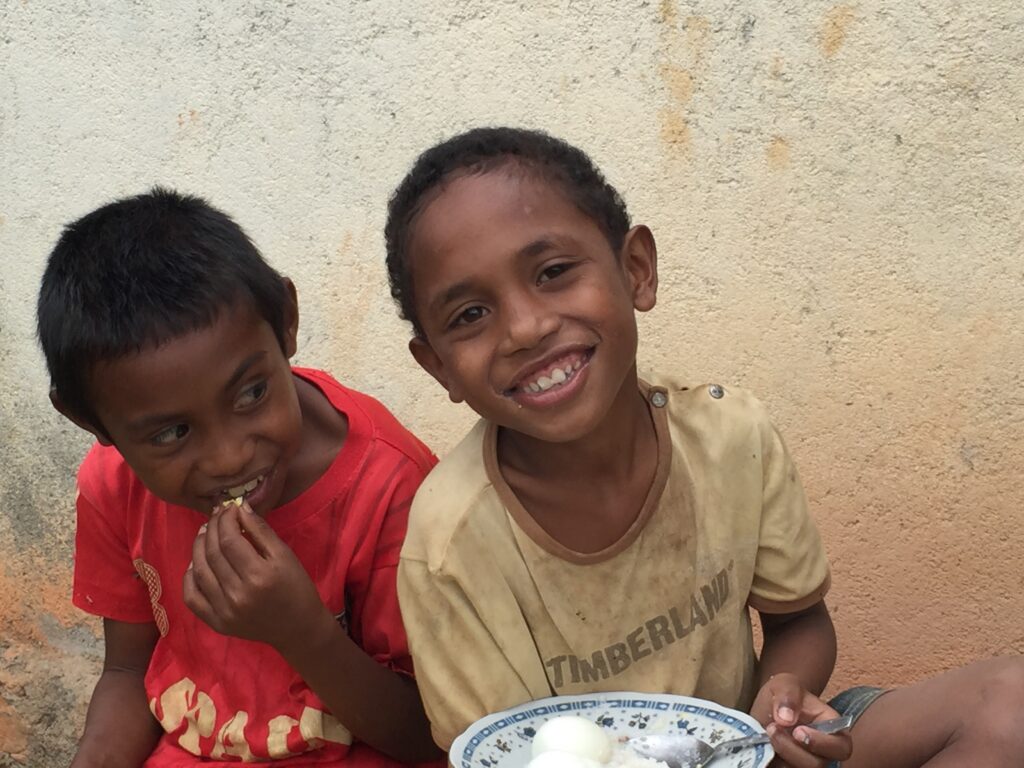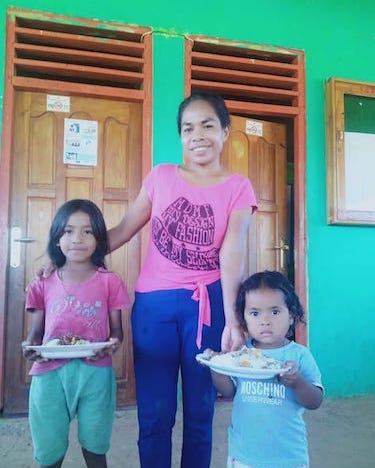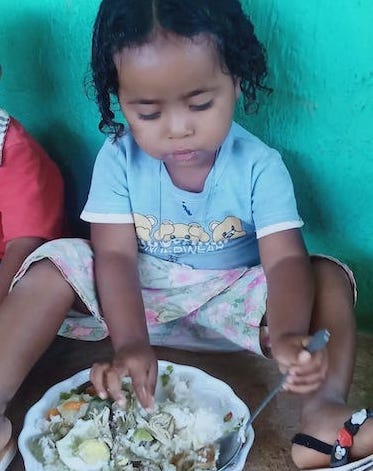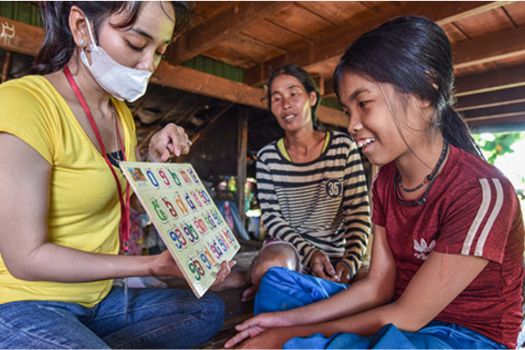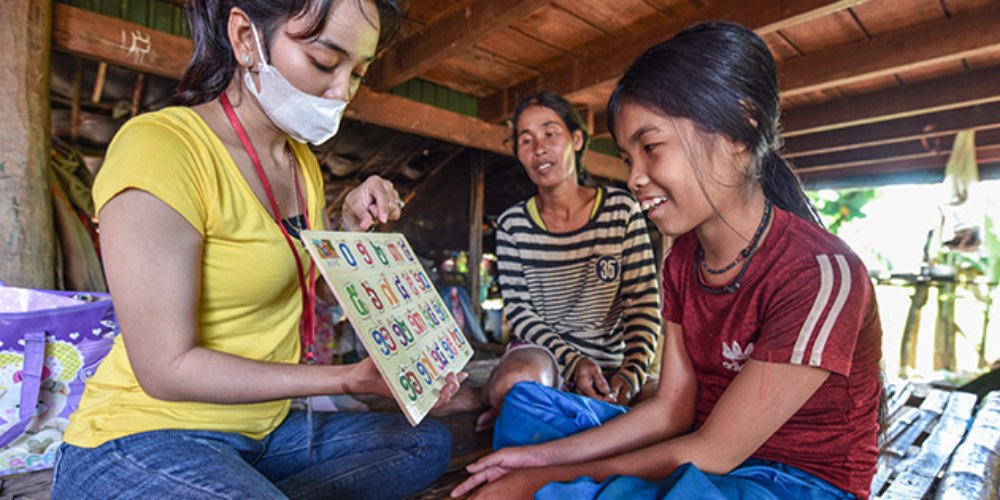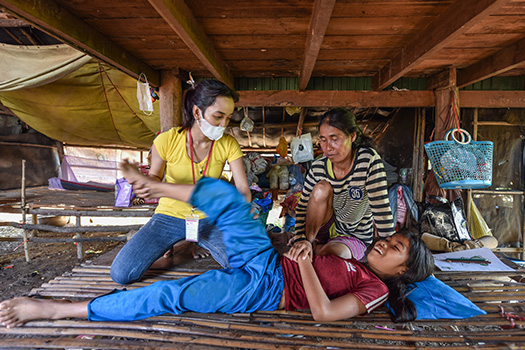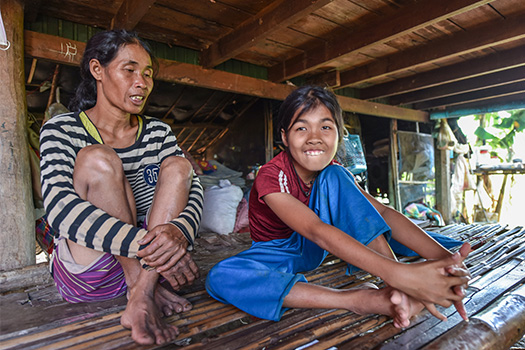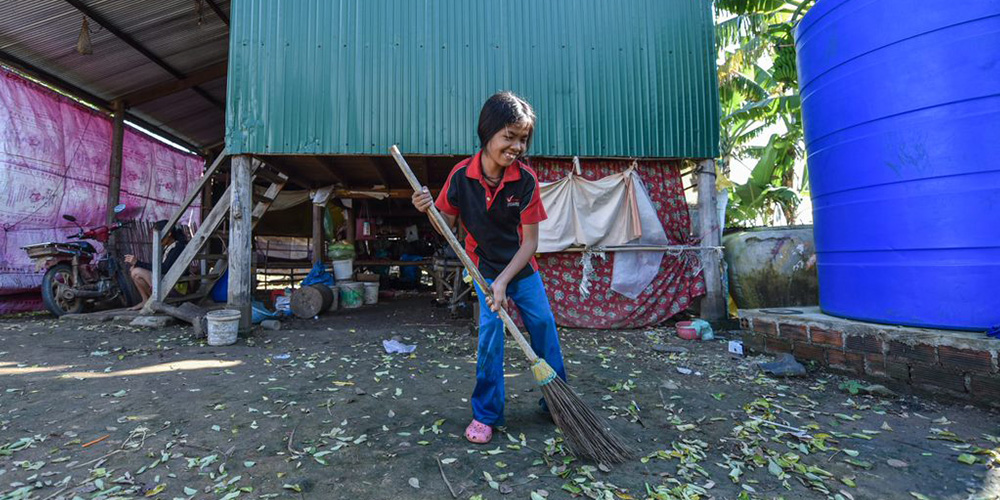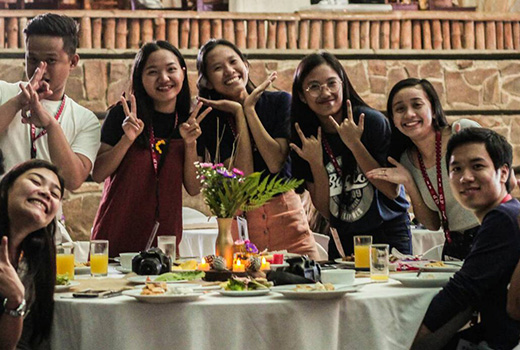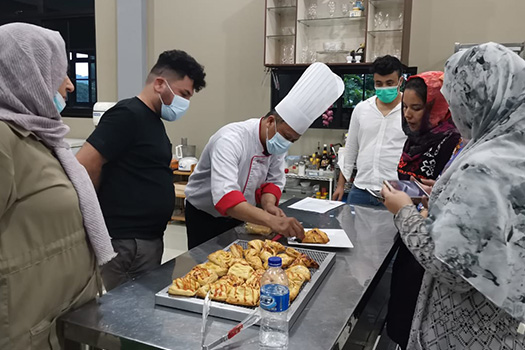
Refugees rise above the challenges of COVID-19 in Indonesia
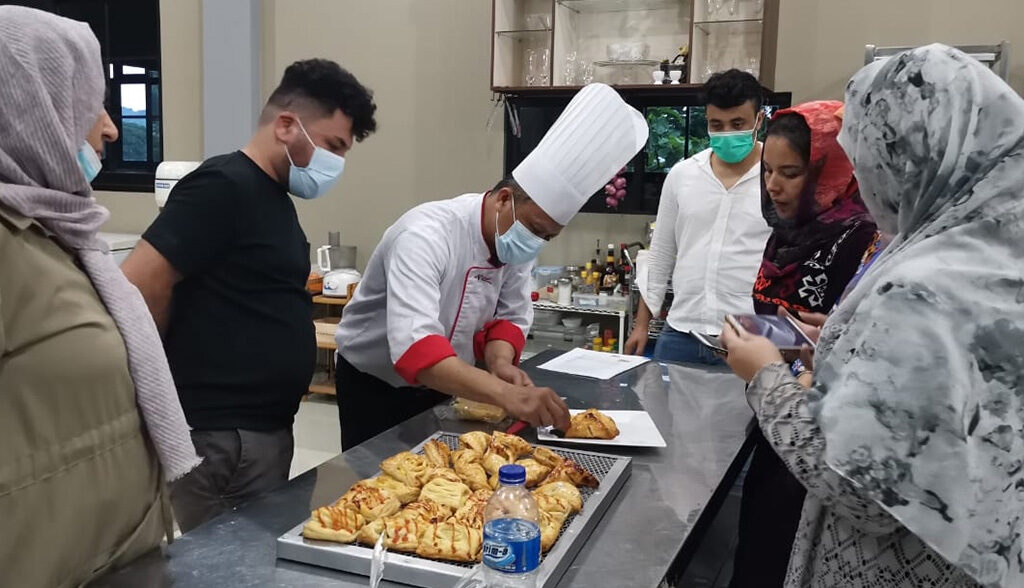
In Bogor and Jakarta, Indonesia, thousands of asylum seekers and refugees are relying on organisations like Jesuit Mission to survive.
With no social assistance scheme for noncitizens during the pandemic, it is an incredibly challenging situation for many refugee families who lack hope and opportunity in their protracted wait for resettlement.
Our project partner Jesuit Refugee Service (JRS) Indonesia supports those people who fled the dangers of their home country and helps meet their basic survival needs, including financial support for food, rent, and access to health services.
Thanks to your generosity, last year through JRS’ ‘Befriend towards dignity during refuge in Indonesia’ project, almost 1,500 refugees were supported through psychosocial and financial support, consultation services and livelihood assistance activities.
“For the first time in my life, I received something from someone whom I don’t have to give anything in exchange,” said one of the refugees participating in the program.
Due to COVID-19, JRS adjusted many of its programs to carry out these empowering activities mostly remotely, such as remote learning managed by the JRS Learning Centre.
The cost for mobile data is covered for refugees, giving them access to an internet connection at home, to continue learning and participate in meetings and consultations via Zoom.
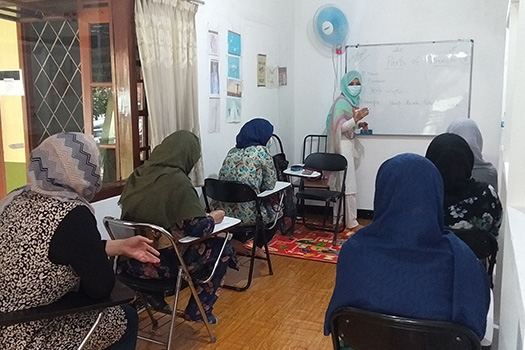
weekly at the JRS Learning Centre in Bogor.
Fortunately some livelihood assistance activities could still go ahead in person whilst following COVID-19 protocols and restrictions.
Many asylum seekers and refugees in Indonesia have professional skills to offer, but they have little hope gaining employment in a community that rejects them.
JRS Indonesia is supporting skilled asylum seekers and refugees to access livelihood and income opportunities by connecting them with companies and organisations willing to accommodate them.
Moreover, the project advocates promoting the protection of refugees’ human rights in Indonesia and raising the awareness of just policy and practice.
“After receiving assistance our life is better than before. Not only for me, but for my children. I can manage our expenses and our food. My husband has also regained his health,” said another refugee.
[break height=20]First Spiritual Exercises - Emergency Strength
Let us join together in the Prayer for Emergency Strength written by Fr Michael Hansen SJ, National Director of the First Spiritual Exercises Program.

